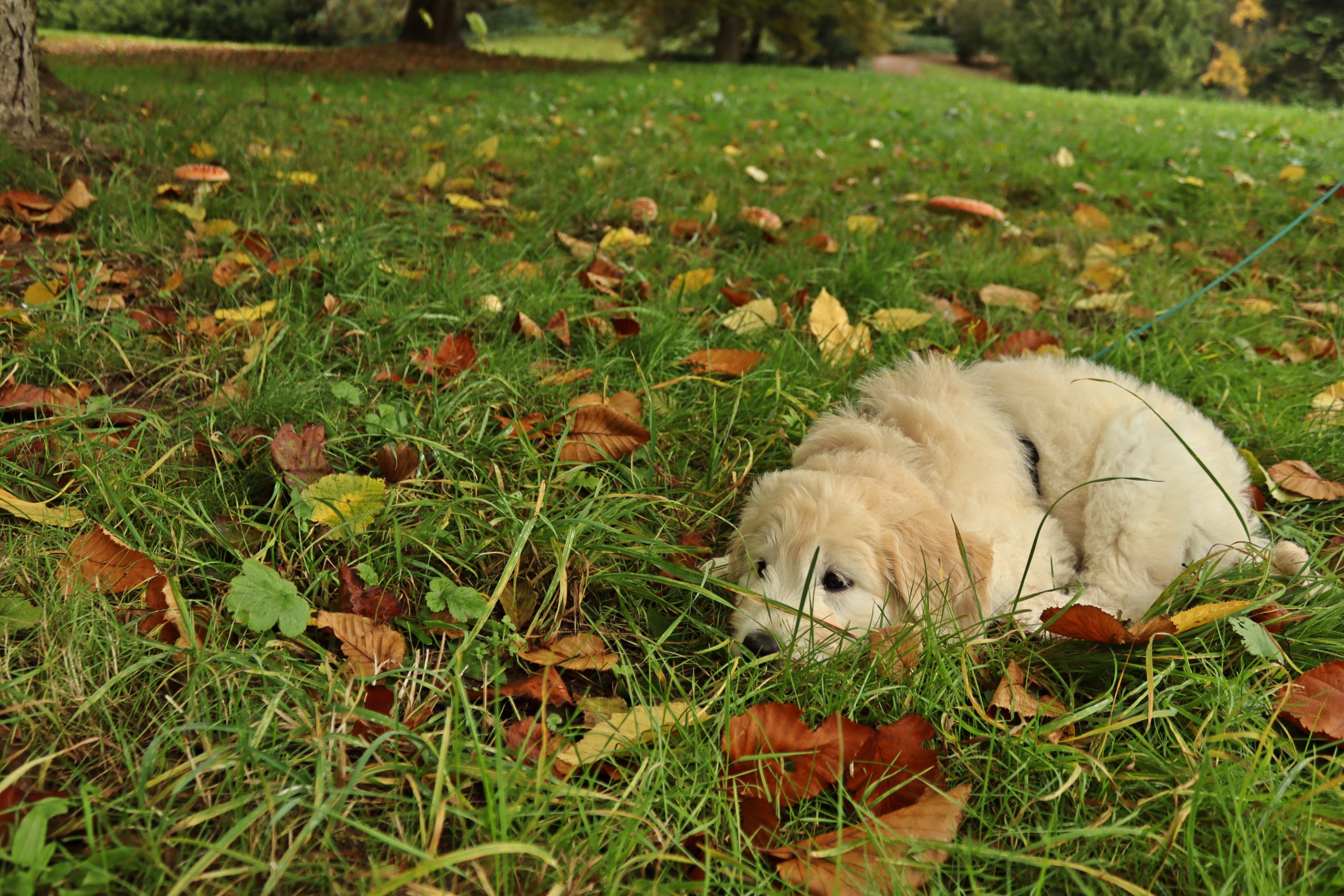Autumn is a wonderful season, with its vibrant colors and cool, pleasant days. However, this season can also pose health risks for our pets. Poisonings are particularly common during this time of year, and it’s important to be aware of the dangers in order to protect our four-legged companions.
The risks of leaf poisoning in autumn are particularly important to consider. Fallen leaves can contain chemicals such as pesticides and fertilizers, which can be harmful to animals. Additionally, wet leaves can harbor bacteria and mold, leading to digestive issues or skin infections in our furry friends. Dogs, in particular, love to sniff and play in the leaves, so it’s important to closely monitor them when they’re outside playing.
Mushrooms can also be a danger to pets in the autumn. Some mushrooms are toxic and can cause symptoms such as vomiting, diarrhea, seizures, and even death. Mushroom picking may be an enjoyable activity for some, but it’s essential to keep our pets away from areas where toxic mushrooms grow. Therefore, it’s important to ensure that animals do not eat mushrooms while out on a walk and to keep them on a leash in wooded areas where they could come into contact with toxic mushrooms.
The risks of rodent poisoning are also common in autumn. Mice and rats seek shelter in homes and gardens to protect themselves from the cold and can be attracted to food and pet feed. Rodenticide products contain poisons that can cause symptoms such as loss of coordination, internal bleeding, and even death. Therefore, it’s important to securely store pet food, keep it out of the reach of mice and rats, and monitor for signs of a possible infestation in our home or garden.
In addition to these risks, there are other factors to consider for the health of our pets in autumn. Temperature changes can make our furry friends more susceptible to respiratory illnesses, so it’s important to keep them warm and protected from drafts. Seasonal allergies are also common, whether due to damp grass, dust, or other allergens. If we notice our pet experiencing symptoms such as frequent sneezing, itching, or skin problems, it’s advisable to consult a veterinarian for proper diagnosis and treatment.
To protect our pets from the risks of poisoning and other dangers in autumn, it’s important to closely monitor them when they’re playing outside, ensure they don’t eat leaves, mushrooms, or other potentially dangerous substances, keep our homes and gardens clean and rodent-free, and seek veterinary attention immediately if poisoning is suspected or if our pet exhibits any unusual symptoms. By taking these simple precautions, we can help ensure our pets stay healthy and happy throughout the autumn season.

